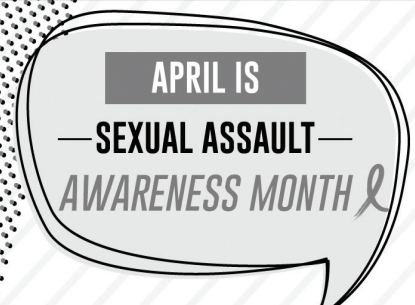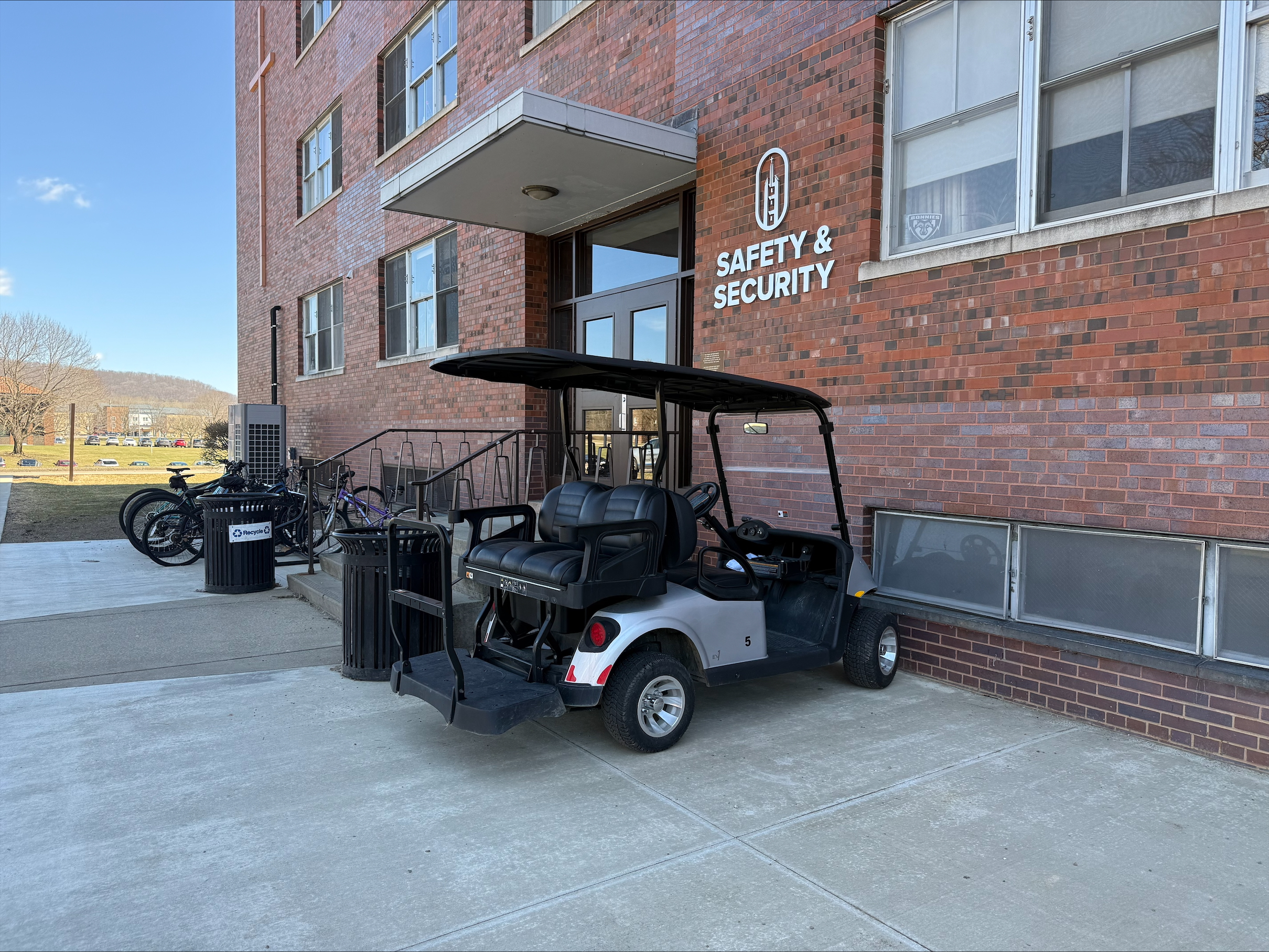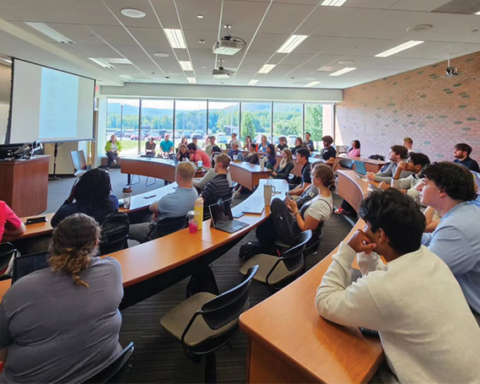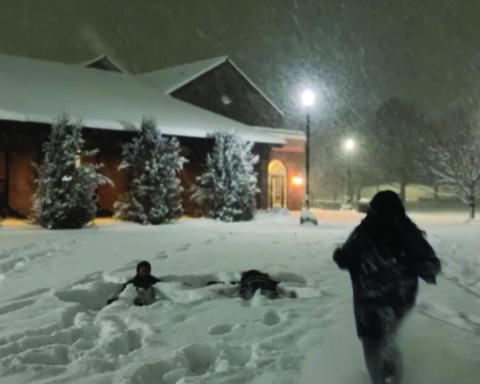By Marissa McCall
Staff Writer
What is Title IX? Under the Education Amendments Act of 1972, Title IX states, “No person shall be denied the benefits of, or be subjected to discrimination under any education program based on sex.”
The second section of Title IX details sexual misconduct. Sexual misconduct includes sexual harassment, non-consensual sexual contact, non-consensual intercourse, sexual exploitation, stalking, domestic violence and dating violence.
Under St. Bonaventure University’s gender-based and sexual misconduct policy, the university demands the respect, dignity and integrity of each person, including both students and faculty.
However, how many students know the policy St. Bonaventure has put in place?
The BV asked 120 random people, consisting mostly of freshmen and sophomores, if they knew what Title IX does for them. Only 40 people were able to answer a confident yes. Out of those same people, when asked who the school’s Title IX coordinator is, only 10 could give the correct answer.
Rick Trietley, St. Bonaventure’s newly appointed Title IX coordinator, said these numbers did not surprise him.
“When you have a campus of 2,000 students, it’s hard to reach every student. We have provided training and the information is easily available on the SBU website,” he said.
What is St. Bonaventure doing, or not doing, to inform students of the policies and the people that are there to help them?
Law at both the federal and state level requires St. Bonaventure to train the Title IX coordinators, faculty of St. Bonaventure and the students.
St. Bonaventure also provides more Title IX training sessions than are required and open the sessions up to all upper class students and all other members of the St. Bonaventure community.
St. Bonaventure requires all faculty members to be mandated reporters of sexual misconduct. If a student confides in a faculty member, that faculty member is required by law to report what the student has told him or her.
Do the students know this?
“I would think a student wouldn’t know this when they first came to me, but it would be one of the first things I would tell them because they have a right to know,” said Heather Harris, assistant professor at the Jandoli School of Communication.
The only people who are not mandated by law to report a situation are the counselors on campus, the staff in the Wellness Center and priests when they are serving as clergy.
Are these new mandated reporters helping to reduce the sexual violence on campus?
According to Rick Trietley, there are more reports of sexual violence on campus.
“This is a good thing. We are getting more reports in, so our education is working. More reports mean that people know where to turn when they are in this kind of situation.”
mccallma14@bonaventure.edu







